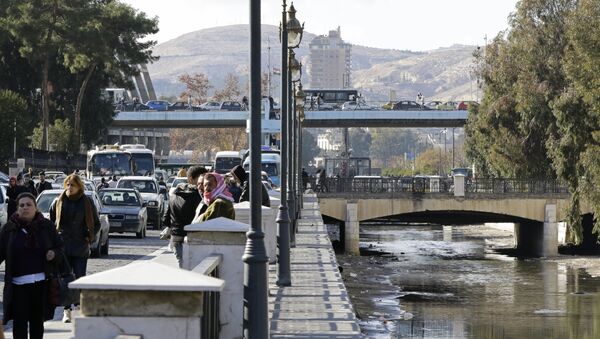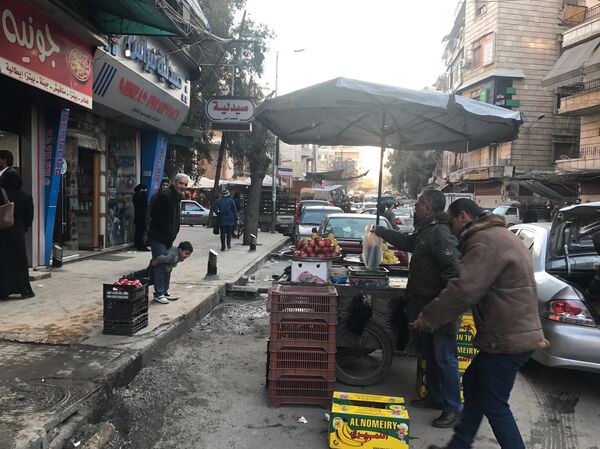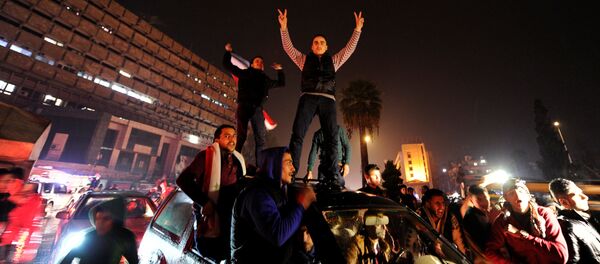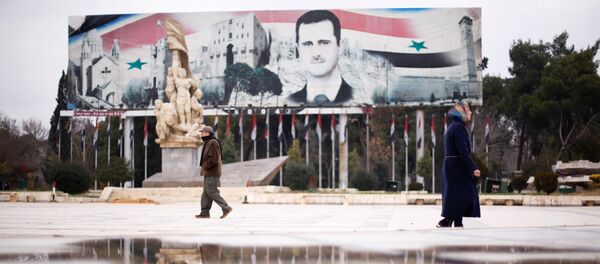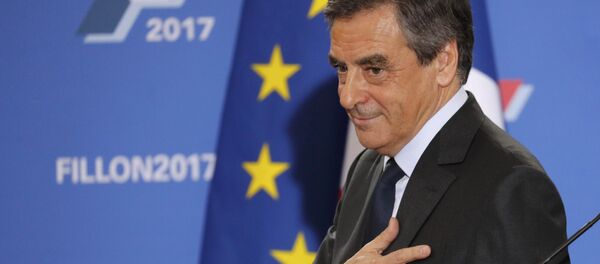During their trip, the three lawmakers, together with representatives of the French media visited Damascus and Aleppo. The mass media had an opportunity to talk to President Assad.
While visiting Syria's second-largest city of Aleppo, they were able to see with their own eyes the actual situation in the city recently liberated from terrorists, which considerably differed from what they have been constantly told by the mainstream media.
"It is clear that the Syrian people in fact do support their army which mostly consists of conscripts. This army has been single-handedly fighting against the terrorists for about five years. The Russian support has played a decisive role," he told Sputnik France.
"The army and the people have grown closer because of this fight on their vast territory. It is clear to see when the people actually support their army and when they don't," he said.
Many of the city districts are destroyed but people are still returning to the city quarters, churches, mosques and hospitals, the politician recalled.
Commenting on what he saw in Aleppo, Jean Lassalle noted that the city is being rebuilt.
"The people do have hope and it is incredible. Great peoples never die!" he said.
"The major part of the city has experienced great destruction: over 30,000 people died and it is a huge figure. However it is far less than we've been told by the mainstream media, which claimed that there "wasn't an insect left," he added.
The politician acknowledged that the trip has meant a lot to him, as he is one of not many French politicians who show interest to the Syrian conflict.
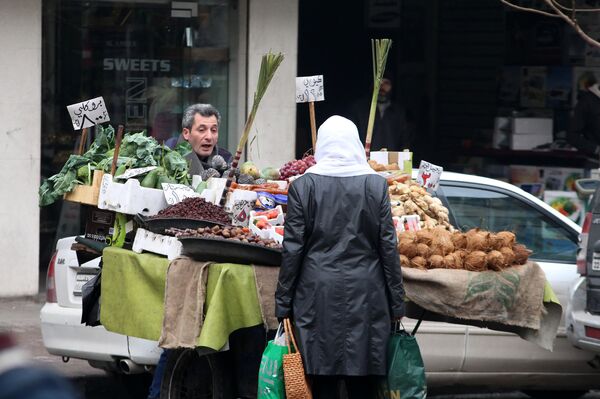
What he saw in the Syrian capital, which was a beautiful modern city 25 years ago, has demonstrated how fast hatred and war can bring to ashes not only historical sights but the hearts of the residents and turn life upside down.
Jean Lassalle however lamented that ahead of the upcoming presidential elections in his home country, the Syrian conflict is not being talked about and addressed whatsoever. However it should be at the center of the political debates.
The accompanying French media were able to talk to President Assad. The politician said that it is too early to say whether the Syrian leader was able to alter their perception of the conflict, but there are signs that those who were able to see the country have started changing their attitude towards it.
Nowadays, he said, France can't afford to sit in front of the TV, waiting for more news to come in fear of deviating from the commonly held views.
"I think the political situation in France has become too numb. Francois Hollande doesn't want to step aside from his principles of the presidency. The Republicans' presidential nominee, Francois Fillon is not eager to do it either, he is too cautious," Jean Lassalle said.
Hence, he further explained, France will remain unmoved on its position while it should be playing a more active role in the region where many geopolitical problems are being settled.
The politician also doubted that any French politician will travel to the capital of Kazakhstan, where President Assad and the opposition are set to meet later in January.
"The Geneva talks were not bad but they we distantly led by those who have never been to Syria. France should participate in Astana talks but it won't, at least until the French presidential elections," he finally stated.
Jean Lassalle is well-known in his home country for a 39-day hunger strike which he went on in March/April 2006, in protest at a threat to jobs in his constituency.
In 2013, Lassalle walked around France for eight months from April to December to meet people.
He was afterwards quoted, “Everywhere I went I witnessed a crisis in the standard of living, a loss of identity and the loss of a sense of a common destiny”.
He found the situation equally bad in the cities and the countryside. Skepticism about globalization, distrust of politicians and latent racism were common among people he spoke to, he said.

